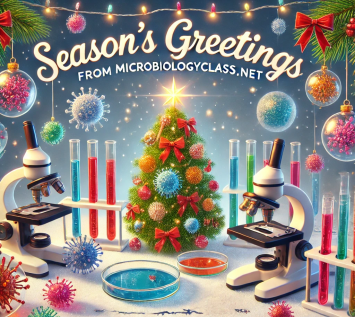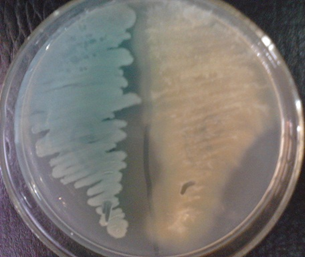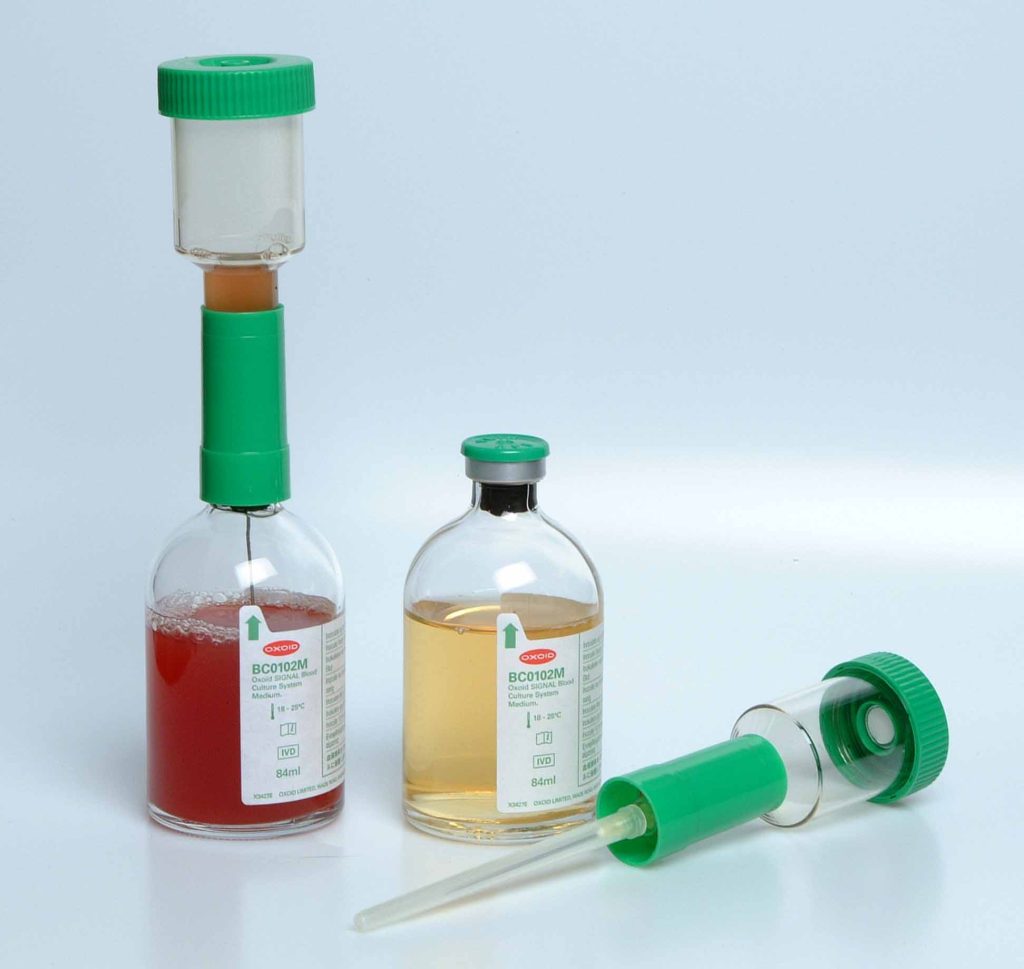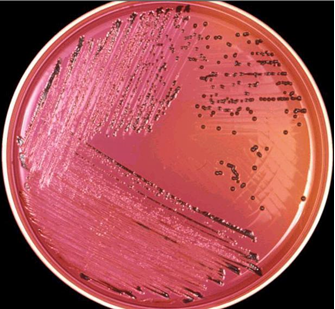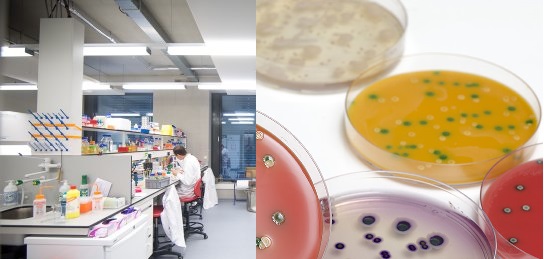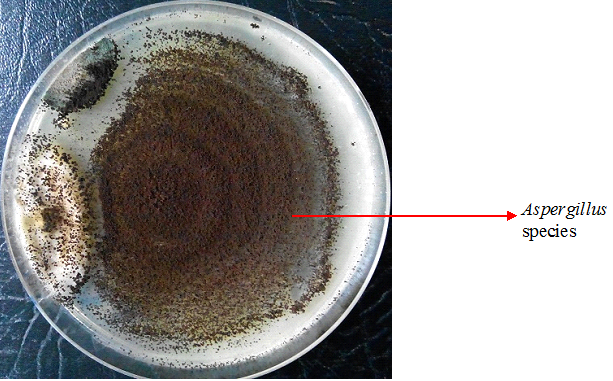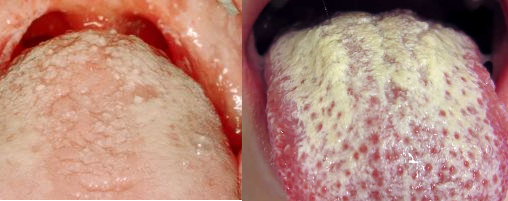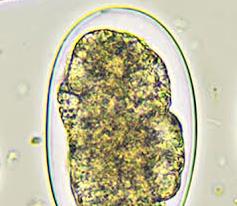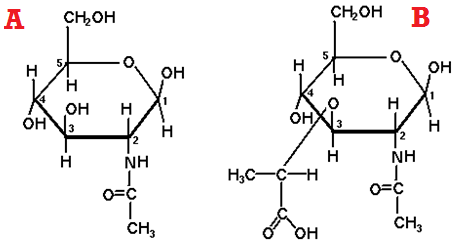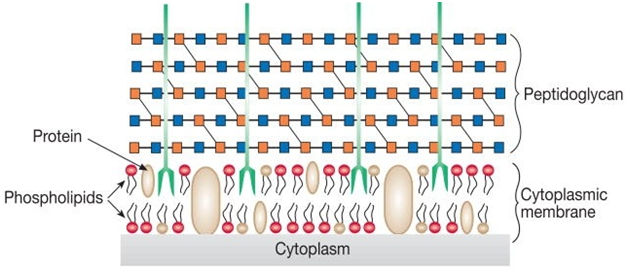URINE CULTURE TECHNIQUE
Urine culture is performed in order to specifically identify organisms that may be causing a urinary tract infection (UTI). Urine in the bladder is often sterile as it is free from microorganisms. It becomes inundated with microorganisms (especially those of the normal micro-flora) when it leaves the bladder. UTI is very common in patients that […]
URINE CULTURE TECHNIQUE Read More »
Microbe Lab, Techniques in Microbiology Lab